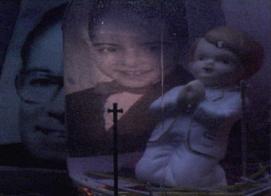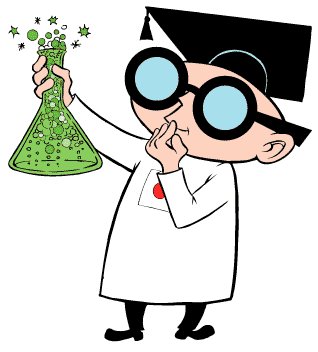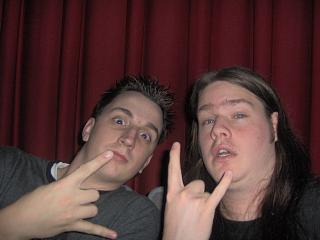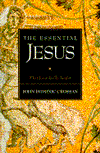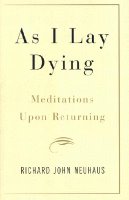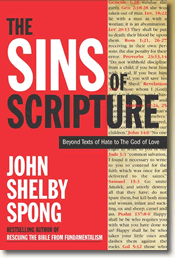
The Sins of Scripture : Exposing the Bible's Texts of Hate to Reveal the God of Love by John Shelby Spong
2 steps off the shoulder of the road
The Bible is a very dangerous book, especially in the hands of the ignorant. It spans the spectrum of literary effort - from mythic/moral storytelling, to half-reconstructed history, to religio-poltical critique, to religious poetry to old-fashioned advice. Misunderstanding the writers' intentions and biases can lead to all sorts of odd beliefs.
John Shelby Spong is at the very margin of those who hold the Bible to be religiously important. In "Sins of Scripture," he does his best to winnow biblical chaff from wheat, by critiquing biblical verses and interpretations that lead people to embrace causes and actions he finds deplorable. While normally I would find this a worthy activity, Spong often comes up short.
For instance, Spong claims that the biblical injunction to be fruitful and multiply is at the root of the population explosion that is a factor in impoverishing large areas of the world. But even the Roman Catholic Church, long pilloried as the major culprit in banning birth control, does not base its anti-BC position on this verse. It uses a natural law argument: God's purpose in creating sex being reproduction, interfering with the purpose of the sex act is tantamount to interfering with God's will. While intelligent and faithful people may disagree with this position, and argue that population control is both moral and necessary, Spong is just plain wrong to ascribe the Christian position on birth control to Genesis 1:22.
Spong's non-scholarly speculation does no service to his arguments. He speculates on the marriage of Jesus and Mary Magdalene (or Mary of Bethany) based on a few verses from John's mystical gospel. He ignores the fact that three evangelists used the story of an anointing for quite different purposes, then picks John's gospel as the "historical" one, based largely, it seems, on his desire to present a married Jesus. Again, it's not that I disagree with his conclusions or his politics, just with the way he supports them.
Spong's take on the Bible's view of women is reductionist in the extreme. While there is no doubt that the Bible springs from a patriarchal culture, Spong ignores its tales of strong-willed and independent women - from Eve through Sarah, Rebecca and Judith. Eve is described (in Spong's biased retelling of the creation myth) as a sub-human servant of Adam, even as he exclaims that she has a more equal stature: "This one, at last, is bone of my bone and flesh of my flesh." Having rewritten Scripture, he then proceeds to denigrate its meaning.
Politically and morally, I share much with Spong - appreciation for women's equal value in the eyes of God, tolerance and acceptance of homosexuals, appreciation for the gift and wonder of the natural world. But to rewrite Scripture for one's own purposes is the greater sin, to my mind. And to deny that it is the "Word of God," as Spong does repeatedly, is both wrong and misses the point. Scripture need not (and should not) be taken at face value as an instruction guide for modern behavior - a lot of lobster fishermen would be out of a job if it were (see Leviticus 11:10 -- "But of the various creatures that crawl or swim in the water,...all those that lack either fins or scales are loathsome for you, Their flesh you shall not eat..."). The humanity and morality of Scripture often lie on its surface or barely beneath it. Interpreted correctly, many of its seamier stories are lessons in how NOT to behave toward our fellows. The story of David's rape of Bathsheba (and abandonment of her husband to death) is not a lesson in how to acquire new wives, but a condemnation of such behavior. By attacking the Bible's status as "The Word of God," Spong merely inflames those who see it as an unerring guide to morality, while doing little to advance the understanding of those who wish to use the Bible more fruitfully in advancing the cause of righteousness.
